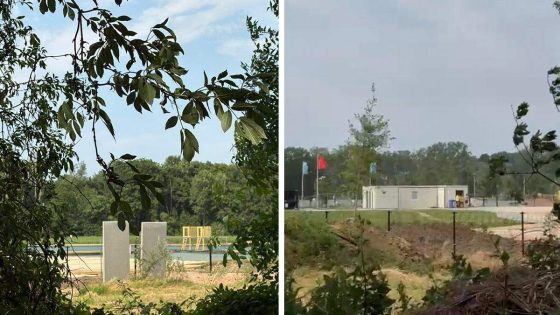The recent arrest linked to the murder of advocate Claudia Van Der Stichelen has captured national attention across Belgium. Forensic breakthroughs, particularly a positive DNA match, played a pivotal role in identifying the suspect, a 71-year-old man, bringing new hope to a case that had long remained unresolved.
- Forensic DNA evidence leads to murder arrest
- Advocate Claudia Van Der Stichelen victim
- Suspect aged 71 detained in investigation
- Husband reacts cautiously to arrest news
- DNA match confirms suspect knew victim
- Breakthrough achieved through anonymous DNA trace
On 2025-06-19 00:28:00, authorities confirmed the arrest following an anonymous DNA trace that led to the suspect. This development not only marks a significant step forward in the investigation but also raises questions about the role of forensic science in solving complex crimes. How did this DNA evidence become the key to unlocking the mystery? And what does this mean for justice in Belgium?
As the community grapples with these answers, the impact of this breakthrough resonates beyond the courtroom, highlighting advances in forensic technology and the persistent efforts of law enforcement.
What does this arrest signify for Belgian justice and public safety? It underscores the power of forensic evidence in criminal investigations and the importance of patience in complex cases. Key points include:
- Anonymous DNA evidence was instrumental in identifying the suspect.
- The suspect reportedly knew the victim, adding depth to the case.
- Family reactions blend relief with caution over ongoing legal processes.
- This case highlights the evolving role of forensic science in Belgium.
As the investigation continues, Belgian authorities and the public alike await further developments. Will this arrest lead to a swift trial and closure for the victim’s family? Only time will tell, but the promise of justice now feels closer than ever.
































